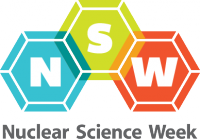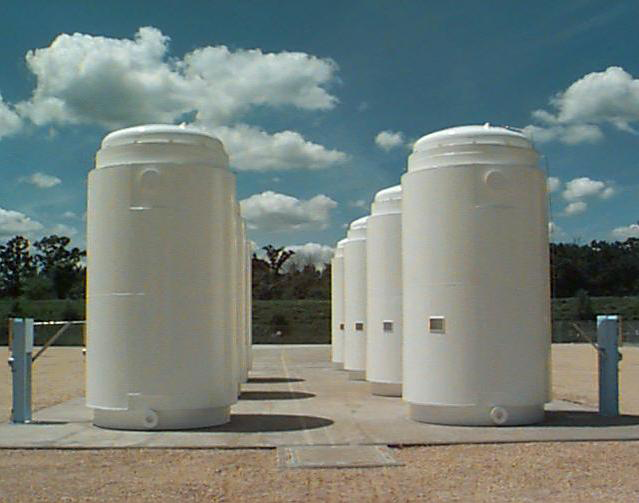Members of the Consortium for Nuclear Forensics. (Image: University of Florida)
A 16-university team of 31 scientists and engineers, under the title Consortium for Nuclear Forensics and led by the University of Florida, has been selected by the Department of Energy’s National Nuclear Security Administration (NNSA) to develop the next generation of new technologies and insights in nuclear forensics.
The U.S. ITER Project Office in Oak Ridge, Tenn. U.S. ITER has received $256 million in Inflation Reduction Act funding. (Photo: U.S. ITER)
Just days before COP27 and the U.S. midterm elections, the White House announced $1.55 billion in Inflation Reduction Act (IRA) funding for national laboratories and the launch of a Net-Zero Game Changers Initiative based on a new report, U.S. Innovation to Meet 2050 Climate Goals. Out of 37 research and development opportunities identified, fusion energy was selected as one of just five near-term priorities for the new cross-agency initiative. Together, the announcements signal policy and infrastructure support for fusion energy—the biggest chunk of Department of Energy Office of Science (DOE-SC) IRA funding went to ITER, via Oak Ridge National Laboratory—and for advanced nuclear technologies to power the grid and provide process heat to hard-to-decarbonize industrial sectors.
The Summit supercomputer at Oak Ridge National Laboratory began operations in 2018. (Photo: ORNL)
The Department of Energy has announced $9.25 million for research into the behavior and properties of structural materials under molten salt reactor conditions through collaborations using the DOE’s high-performance supercomputers.
The EBR-II sodium fast reactor at Idaho National Laboratory began operations in 1964 and generated electricity for decades. Soon it will serve as a National Reactor Innovation Center test bed for future advanced reactor demonstrations. (Source: ANL)
At the box office or streaming at home, it’s fear, not truth, that sells. The laws of physics are swept aside, apocalypse is inevitable, and superpowered heroes wait until the last possible second to save the universe. It can make for great entertainment, but in the real world we need to stick with science over science fiction and be wowed by engineering, not special effects.
The truth is, science and innovation are incredible in their own right. From communications and machine learning to space travel and medical advances, technology is evolving in hyperdrive to solve real problems. With climate change and global warming here on earth, we don’t have to go looking for trouble in a galaxy far, far away.















